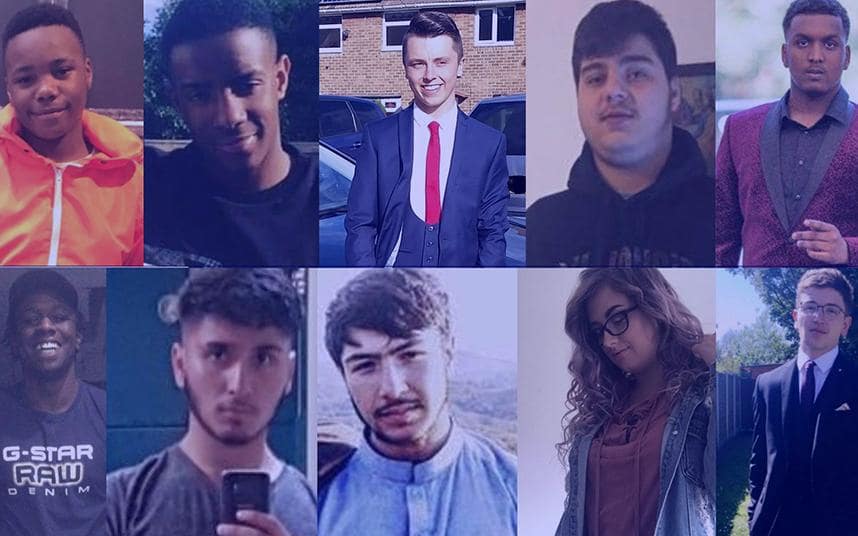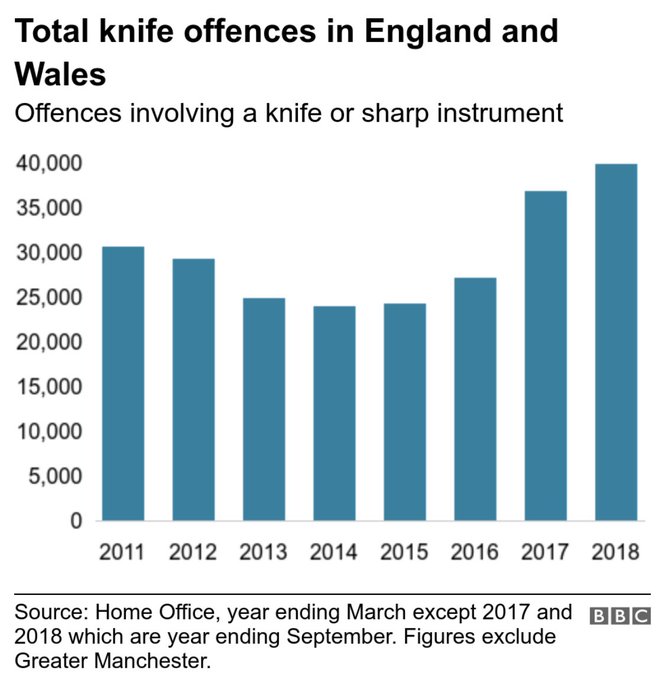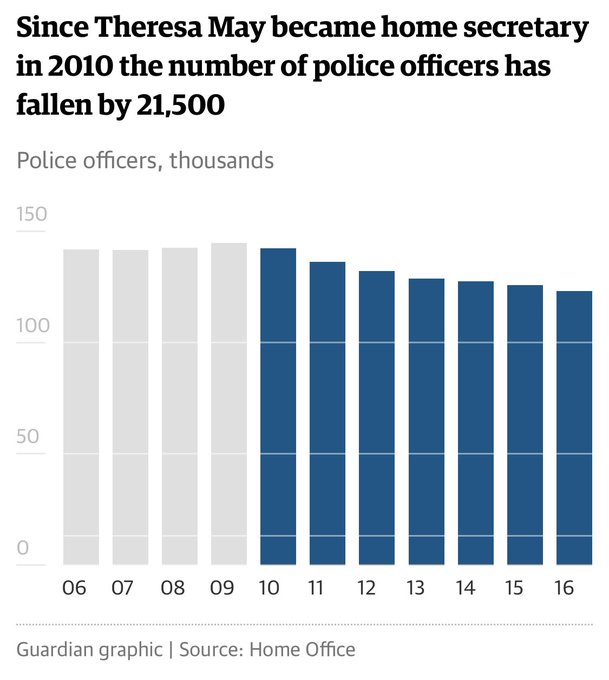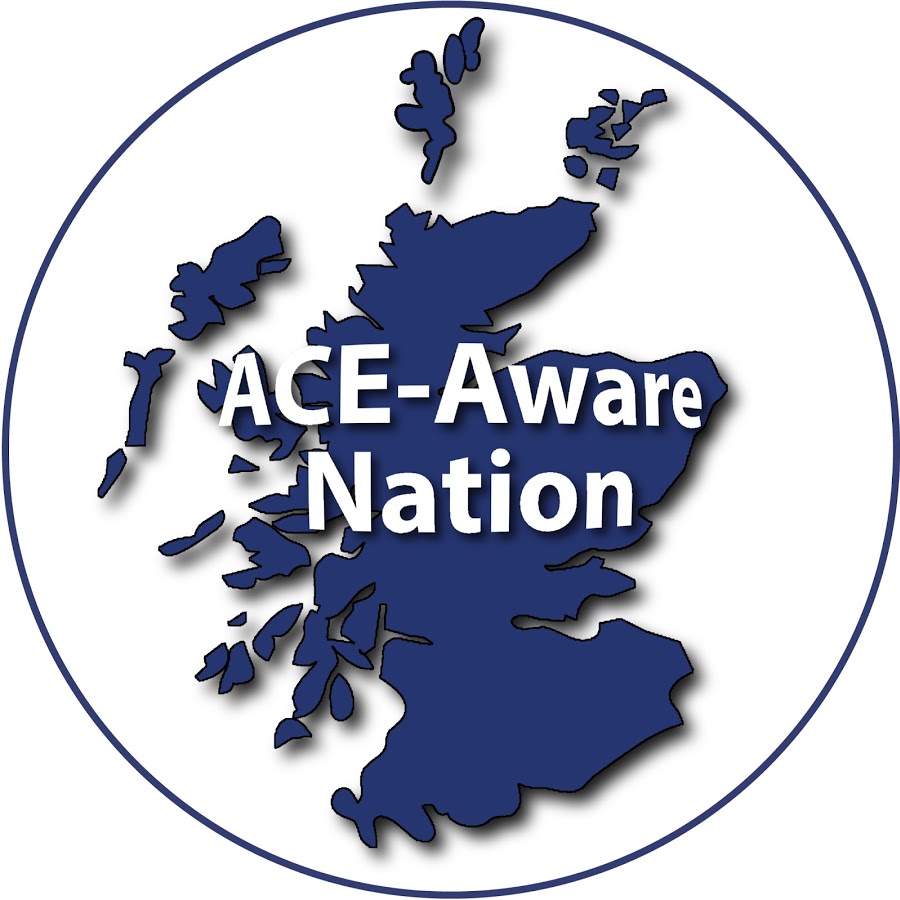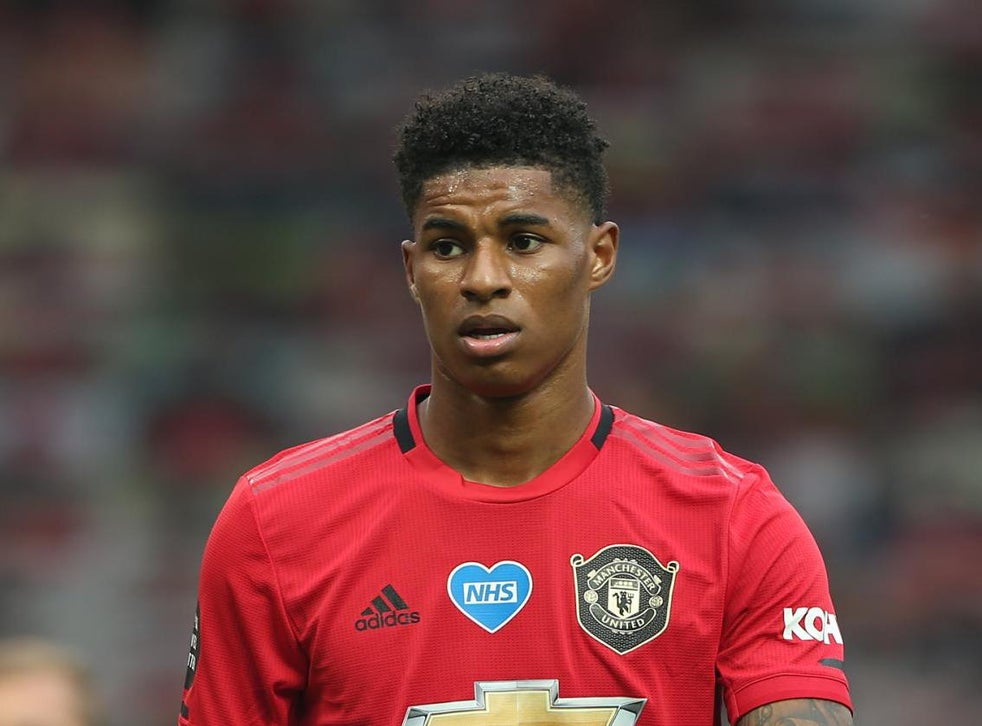
I love Marcus Rashford! His statement on child hunger is brilliant, but I don’t entirely agree with him. In his impassioned plea for us to take child hunger seriously (which I could not agree with more), especially through the school holidays, he says: “this is not politics, this is humanity.” The reality is that EVERYTHING IS POLITICAL. Politics is about how we see the world and how we live together. Economics is about how we share and manage the resources between us. Child hunger and child poverty IS a political and economic issue! We can’t hide away from this. We can call for political unity over the issue, we can appeal to the deep compassion of the human heart – but we cannot try and de-politicise the issue, however hard we try. Nor can we remain silent, in case it looks like we’re playing party politics. I am not associated with any political party. None the less this is a deeply political issue – political with both a small p and a very big one!
Listening to the debate in the House of Commons about whether or not children should be given meals, provided by the state, during the school break, there seemed to be four main objections to the idea proffered by some of the Conservative MPs.
- Rather than give children meals, thereby nationalising them, we should be actively promoting parents to take more responsibility, rather than being absent and encourage them to provide for their children properly. We need to deal with the causes of the causes.
- If the state were to intervene, it only encourages dependency and laziness by parents who can’t be bothered to provide for their children properly
- The state is already giving out quite enough help already, thank you very much, via Universal Credit.
- We’ve all got to play our part in helping out. We’ve had ‘eat out to help out’ for the rich, now we need ‘eat nowt to help out’ for the poor…..(slight tongue in cheek point, perhaps….)
Let’s just examine these from both a population health and social justice perspective:
- Well….I don’t know of very many parents who don’t want to ‘take responsibility’ for their children’s wellbeing. In fact there is hugely weaponised stigma and societal shame (wrongly) applied to those who can’t. There is a massive difference between not wanting to and not being able to. I don’t disagree that we need to get to the causes of the causes of poverty and child hunger – absolutely right! But this will take a generational, focused, gargantuan and sustained effort and will involve us turning the tide on: Adverse Childhood Experiences, an unbalanced and unequal education system, spiritual and psychological degradation, ingrained and systemic racism, white privilege and abusive patriarchy, county lines, unaffordable land and housing (both to buy or rent), poorly paid work, a broken justice system (over 300000 children have at least one parent in prison) etc. We should definitely work on all of this! And as we do it will enable people to be able to take more responsibility and make more positive choices – I’m all for that. Unfortunately at present, the reality is that there are far fewer real choices available for people living in our most economically deprived communities. This is not about either/or – it’s about both/and. So, in the mean time, whilst we’re working on the causes of the causes, perhaps we could also guarantee that we don’t perpetuate the cycle further and ensure children are fed?
- The idea that by the state stepping in it encourages dependency, fecklessness and laziness is actually ridiculous. State intervention to provide for the hungry would actually show that we have a society and a government who care deeply for people who are struggling and having a hard time. It is one of the great debates about the role of the state, but the sad reality is that charity alone, simply won’t cut it. We need a state (be that city, regional or national – preferably all), that acts as a safety net for those who are finding life the hardest. Rashford puts it best: “……since March, 32% of families have suffered a drop in income. Nearly 1 million have fallen off the payroll. This is not dependency, this a cry for help. There are no jobs!! 250% increase in food poverty and rising. Nobody said this was simple…” Until we fix the causes of the causes, we are going to need to ensure we have appropriate interventions to the difficult realities so many in our communities face. Perhaps this might include children being fed through the holidays?
- Despite the ‘positive changes’ to the benefits system, with more people in work, we had rising poverty levels even before the pandemic, with more children in poverty, (worsening over the last ten years) and now we have massive job insecurity, higher

Rise in use of Food Banks – Trussell Trust unemployment and we’re heading into a recession. At such a time, to imply those benefits are enough, when we know that the use of foodbanks (which are supposed to be a temporary measure) is rising, is somewhat short-sighted. I have heard so many testimonies of families who are on the ropes. Holiday food vouchers are a life line. However good you might think your benefit system is, when families are telling you they are having to choose between fuel and food as we head into winter, perhaps we might want to think about how we ensure children are fed? After all, nutrition is one of the key building blocks of a healthy and well child.
- It is simply inhumane to ask the poor to fit the bill of the ill thought through spending of public money over the previous several months. There have been some VAST pay outs (which will indebt the very children the government are refusing to feed) to many companies, with clauses protecting them should they not deliver on their contracts, (which is lucky for them, because they have failed, badly)….and yet we can’t find the money to ensure that children are fed. One might wonder whose side the government is on.
I make no secret of the fact that I am personally deeply motivated by the politics of Jesus. There are two really clear things that he had to say on the issue.
- “I have come to preach good news to the poor” (Luke 4v18-19) – and he backs this up by stating that He will restore ‘Jubilee’ – this is a radical economic redistribution of money and resources, to the poor, to combat greed and bring things back onto a level playing field.
- “Let the children come to me, for to such belongs the Kingdom of Heaven” (Luke 18v16) – Not only are we to care for children, because they are important – we’re supposed to become more like them (Matthew 18v3)!
In other words, if the politics of Jesus are to be taken seriously (and it seems that many conservative voters and MPs profess a ‘Christian’ faith), let it be noted that according to the Christian faith, the poor, the hungry and children really matter to God! And yes – there is space for the church, other faith organisations, charities, communities and local leaders to step into the gap and ensure children are fed, despite the government’s response – but there is also a ‘prophetic mandate’ to challenge injustice and hold leaders to account. The truth is that the need is great – 1 million children across the UK will be hungry over October half-term – they don’t want this to be ‘relooked at for Christmas‘ – they want their bellies fed now. The national government’s arguments fall flat. While children go hungry, they find themselves defending their senseless ideologies and punishing the defenceless. They urgently need to change their minds!
